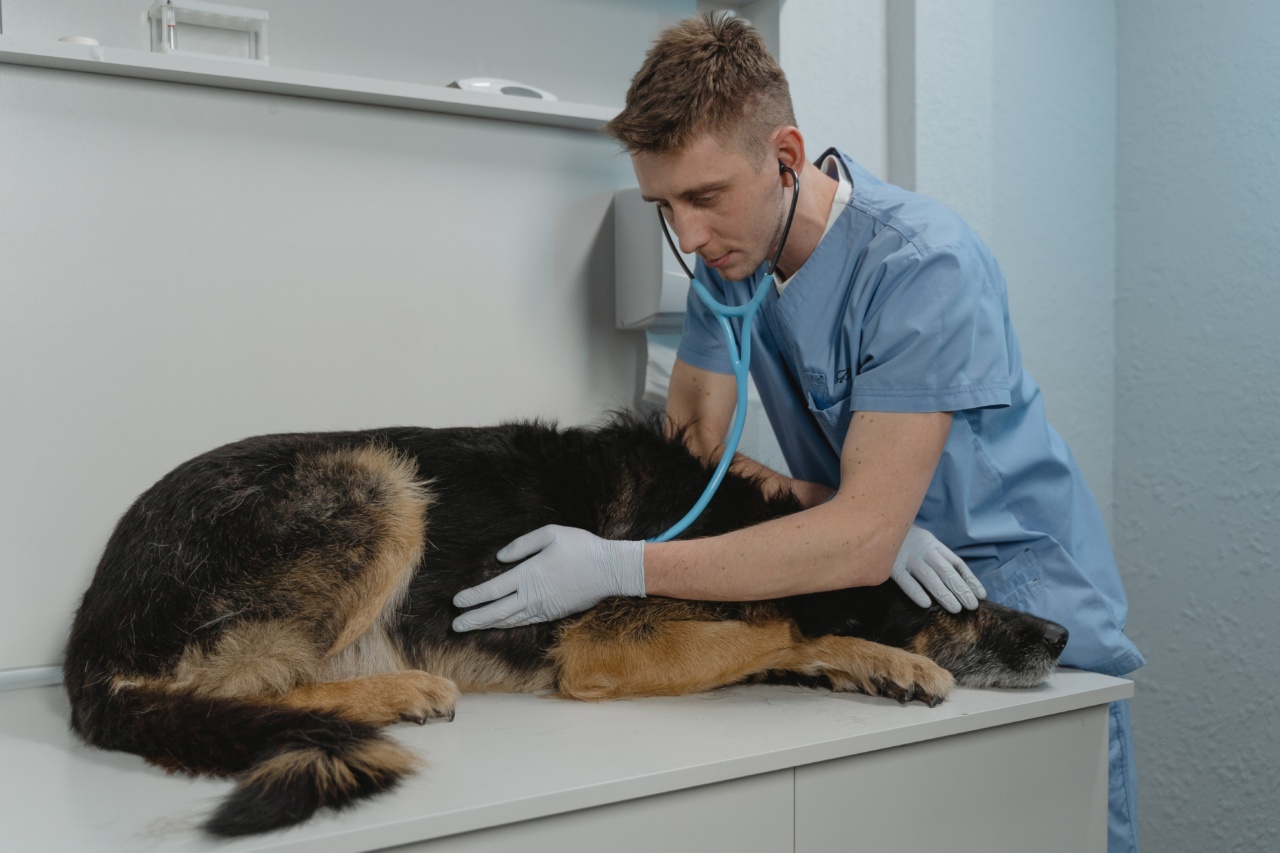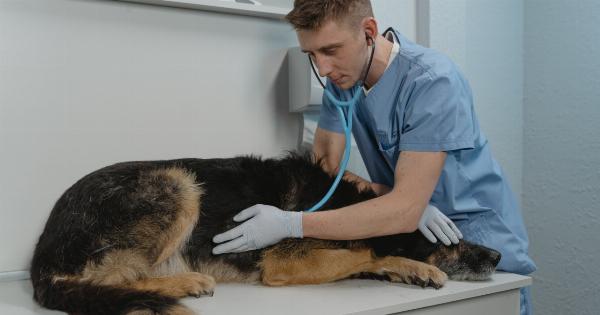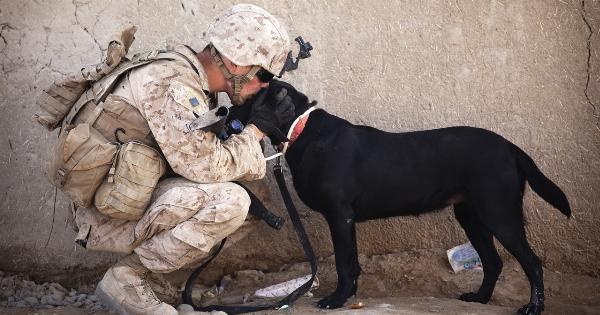Planning a holiday with your furry friend is an exciting experience.
From choosing the perfect dog-friendly accommodation to packing their favorite toys, you put a lot of effort into ensuring a happy and relaxing trip for both you and your canine companion. However, one important aspect that many pet owners tend to overlook is the post-trip dog checkup. Just like us, dogs can experience various health issues, and a thorough veterinary examination after your holiday is crucial to ensure their well-being.
Let’s dive into why a post-trip checkup is essential and what you should expect during this visit.
1. Importance of Post-Trip Dog Checkup
While your dog might have had a blast during the vacation, it is important to remember that travel can expose them to new environments, stress, diseases, and parasites.
Conducting a post-trip veterinarian checkup can help catch any health problems early on and prevent them from escalating into something more serious. Regular checkups help maintain your dog’s overall health and improve their quality of life.
2. Schedule an Appointment
As soon as you return from your holiday, make it a priority to set up an appointment with your veterinarian. Ensure that you communicate your concerns about your dog’s health and any unusual behavior you may have noticed during the trip.
The vet will be able to assess the situation and perform a thorough examination to put your worries at ease.
3. Comprehensive Physical Examination
During the post-trip checkup, your veterinarian will conduct a comprehensive physical examination to evaluate your dog’s overall health. This examination includes checking their eyes, ears, nose, teeth, coat, and skin condition.
They will also listen to your pet’s heart and lung sounds and palpate their abdomen to detect any abnormalities or signs of discomfort.
4. Vaccinations and Preventive Medications
Depending on your holiday destination and the time of year, your dog might have been exposed to different infectious diseases.
The veterinarian will review your pet’s vaccination records and administer any necessary vaccinations or booster shots to ensure their immunity is up to date. If your vacation spot had a higher risk of fleas, ticks, or heartworm, your vet may prescribe suitable preventive medications as a precautionary measure.
5. Checking for Parasites and Infections
While on vacation, your dog may have come into contact with parasites or picked up an infection. The vet will conduct a fecal examination to check for the presence of intestinal parasites like worms or protozoa.
They may also recommend a blood test to screen for diseases such as heartworm, Lyme disease, or tick-borne illnesses. Detecting these issues early allows for prompt treatment and prevents complications from arising.
6. Dental Assessment
Oral health is an important aspect of your dog’s overall well-being. The stress or change in routine during your trip may have affected their dental hygiene.
The veterinarian will examine your pet’s teeth and gums for any signs of tooth decay, gum disease, or tartar buildup. If necessary, a dental cleaning or other dental treatments may be recommended to maintain proper oral health.
7. Weight and Nutritional Assessment
Changes in routine or feeding habits during the trip can result in weight gain or loss. The veterinarian will assess your dog’s weight and body condition to ensure they are maintaining a healthy weight.
They will also provide guidance on nutrition and may suggest dietary adjustments if required, based on your pet’s needs.
8. Behavior and Mental Health Evaluation
A vacation can sometimes cause stress or anxiety in dogs, especially if they were exposed to new locations or encountered unfamiliar situations.
Your veterinarian will ask about any changes in your dog’s behavior or temperament to assess their mental well-being. They can provide tips and advice to help your pet readjust to their regular routine and provide recommendations for any necessary behavioral training.
9. Reviewing Medications and Supplements
If your dog was on any medications or supplements before the trip, this is an opportunity to discuss their effectiveness and any potential side effects with the veterinarian.
They can adjust the dosage if needed or make recommendations for alternative treatments based on your dog’s response.
10. Addressing Your Concerns
Lastly, the post-trip checkup is the perfect time to address any concerns or questions you may have regarding your dog’s health.
Whether you noticed a change in appetite, unusual behavior, or anything else that worries you, make sure to discuss it with your veterinarian. They have the expertise to provide insights and guidance and can address any health issues or lifestyle changes you may need to consider.






























